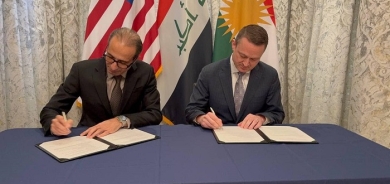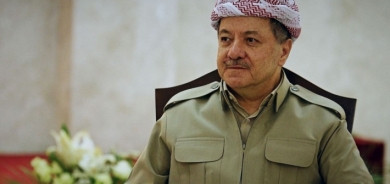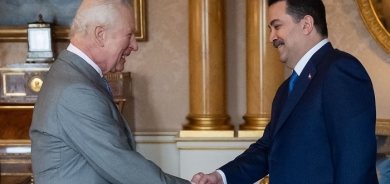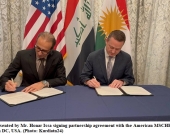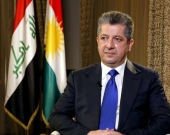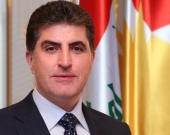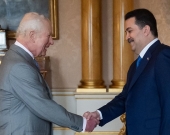France, Germany at odds on delaying EU-US trade talks

France on Wednesday pushed for the European Union to delay talks with Washington on a huge free trade pact over claims of US spying on EU offices, but Germany said they should go ahead as planned.
French President Francois Hollande, who has said talks with the United States should not go ahead without guarantees the spying has stopped, was due to meet German Chancellor Angela Merkel later Wednesday at a Berlin summit.
WikiLeaks chief Julian Assange meanwhile urged European nations to provide asylum to fugitive intelligence leaker Edward Snowden, whose revelations of widespread US spying on its allies have sparked deep concern.
The EU-US trade talks -- on what would be the biggest free trade agreement ever negotiated -- are due to start in Washington on Monday, but the revelations of US bugging of European diplomatic missions have cast them into doubt.
French government spokeswoman Najat Vallaud-Belkacem said the talks should be put aside until European governments receive answers promised by Washington about the spying allegations.
"This is not about stopping negotiations on the free trade agreement, but it does seem wise to temporarily suspend them, probably for a period of 15 days, to avoid controversy and to give time to obtain the requested information," Vallaud-Belkacem said after a cabinet session.
She said that for the talks to take place properly, "both sides must be able to meet in confidence".
But Merkel's spokesman said Berlin did not back a delay.
"The (EU) Commission wants to start negotiations on July 8, and in this it has the support of the German government," said spokesman Steffen Seibert.
"We want this free trade agreement and we want to start the talks now," he said.
Seibert also said a German delegation would travel to Washington next week to seek clarity on the NSA's activities.
He said Berlin had in recent days "made a fair bit of progress in terms of getting clarity".
"We consider it self-evident that after decades of the closest of partnerships with the US, that we thoroughly discuss these issues."
France has taken the lead in raising concerns over the spying revelations attributed to Snowden, a former contractor with the US National Security Agency (NSA).
Reports in the Guardian and Der Spiegel have detailed widespread covert surveillance by the NSA of EU offices, including diplomatic missions in Washington and at the United Nations in New York, as well as at the 28-member bloc's Brussels headquarters.
Snowden has been holed up in a Moscow airport transit area since June 23, seeking to avoid US espionage charges for revealing the vast surveillance programme to collect phone and Internet data. He has requested asylum in 21 countries.
Assange on Wednesday urged European nations not to bow to US pressure and to welcome Snowden.
"European Union states, first and foremost France and Germany, should reserve him their warmest welcome," Assange said in an opinion piece, co-written with the head of media-rights group Reporters Without Borders (RSF), in French newspaper Le Monde.
"Targetted by an apparatus that intrudes on their sovereignty and principles, the countries of the EU are indebted to Edward Snowden for his revelations, which are clearly in the public interest," said Assange, who has himself sought refuge in the Ecuadorian mission in London to avoid claims of sexual assault in Sweden.
Several European political groups, including the Greens faction in the European Parliament, have urged their governments grant Snowden asylum.
Bolivia has said it will consider taking Snowden in, and on Wednesday a plane carrying the country's president Evo Morales was diverted to Austria so police could check Snowden was not on board.
Morales was eventually allowed to fly out after it was confirmed Snowden was not on the plane, but the Bolivian leader lashed out at European countries for allegedly denying his jet entry into their airspace overnight.


